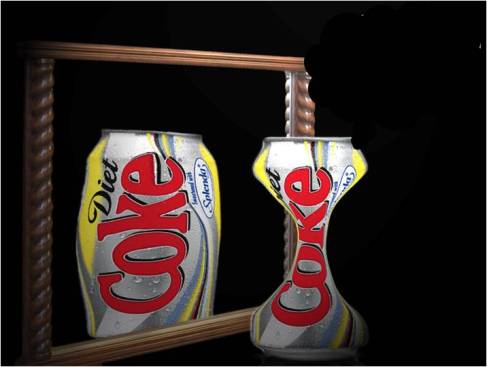flavours
Obesity-diet soda paradox
– Posted by Pillscribe
Usually, calorie-conscious people go for diet sodas as beverage, given an option. Diet beverages help to reduce calorie intake. These zero calorie drinks’ effectiveness as a tool in overall weight-management plan have been repeatedly endorsed by several studies.
However, new research shows that diet colas can work the other way round, as well. Diet drinks can make people eat more thereby ending up consuming more calories, according to a study by the Johns Hopkins University Bloomberg School of Public Health.
Obese people with the habit of drinking diet soda actually consume more daily calories from food, the study found. The U.S. National Heart, Lung, and Blood Institute-funded study used information from the 1999 to 2010 National Health and Nutrition Examination Survey.
After analysing the national patterns in diet-beverage habits, sugary-drink consumption and caloric intake by body-weight category, the researchers found that 11 percent of normal-weight, 19 percent of overweight and 22 percent of obese adults in US drink diet beverages.
Overweight people fond of diet beverages took in 88 more calories a day from solid food than those who drank sugary beverages. Meanwhile, obese participants who drank diet drinks consumed nearly 200 more calories a day from food than obese men and women who drank sugary drinks. Meanwhile, the normal-weight adults who drank diet soda got 73 fewer daily calories from food, while the normal-weight people who drank sugary drinks added 46 calories a day from food.
“Diet-soda drinkers who are overweight or obese are eating more solid food during the day than overweight and obese people who drink sugary beverages,” said study researcher Sara Bleich, associate professor of health policy and management at the Johns Hopkins.
But why do diet soda-savvy heavy people tend to eat more? Maybe the answer lies with the artificial sweeteners used to flavour diet drinks, Bleich said. Earlier studies have reported that artificial sweeteners disrupt the brain’s sweet sensors and give the feeling of less satiated. The feeling that the tummy is not full make one eat more food.
Many experts and the American Beverage Association, the trade group representing soda manufacturers, dispute the findings of the study.
